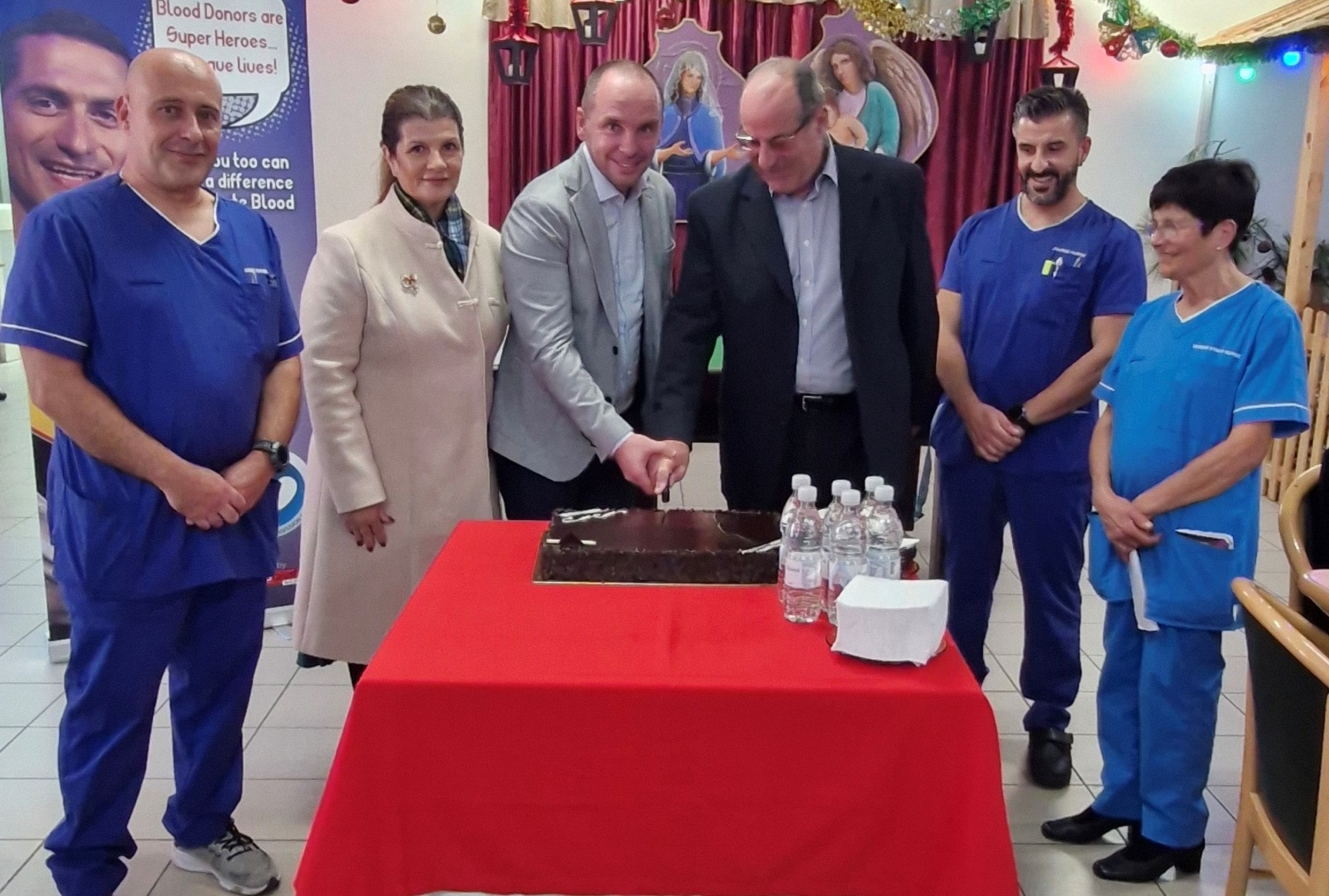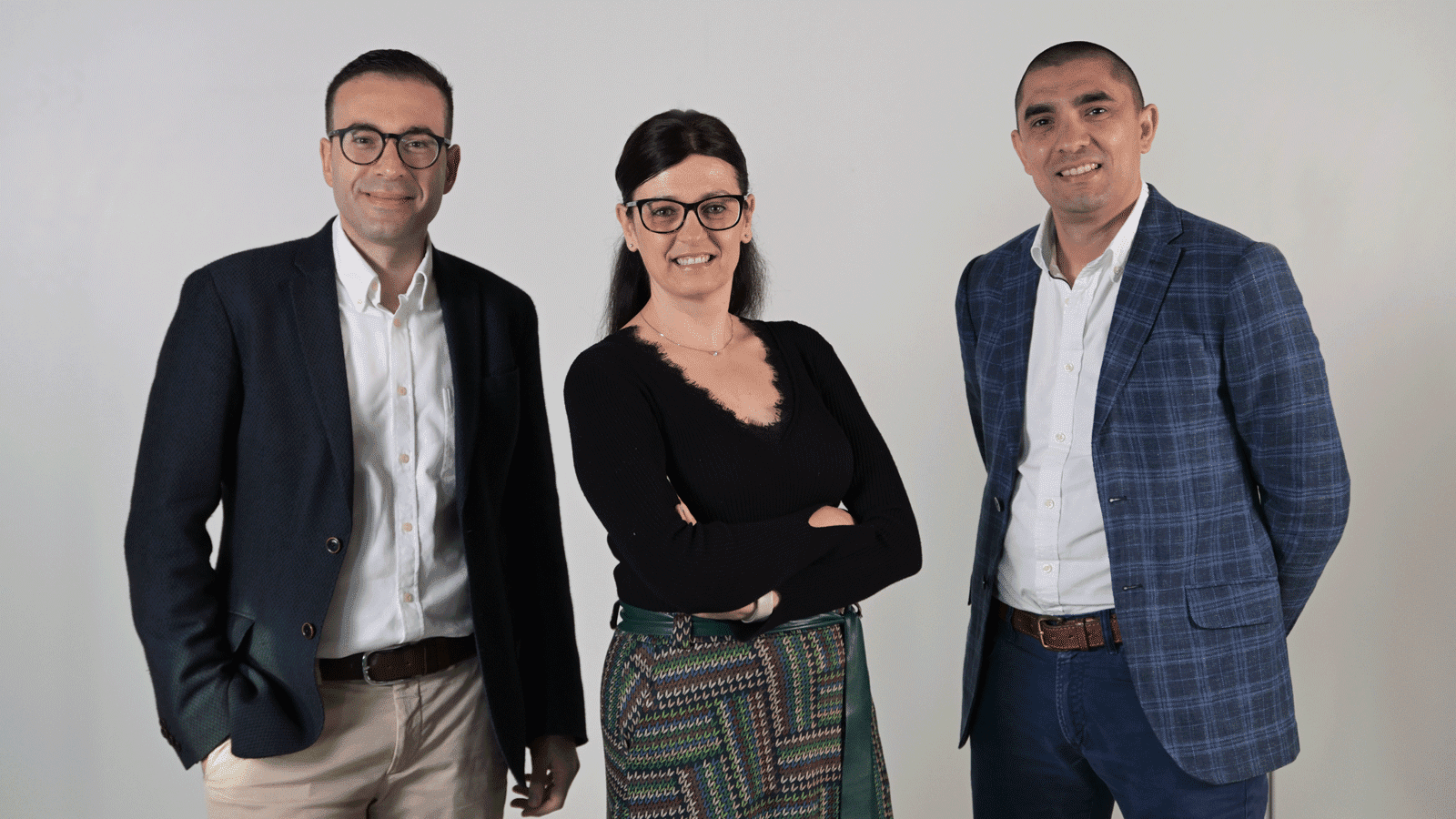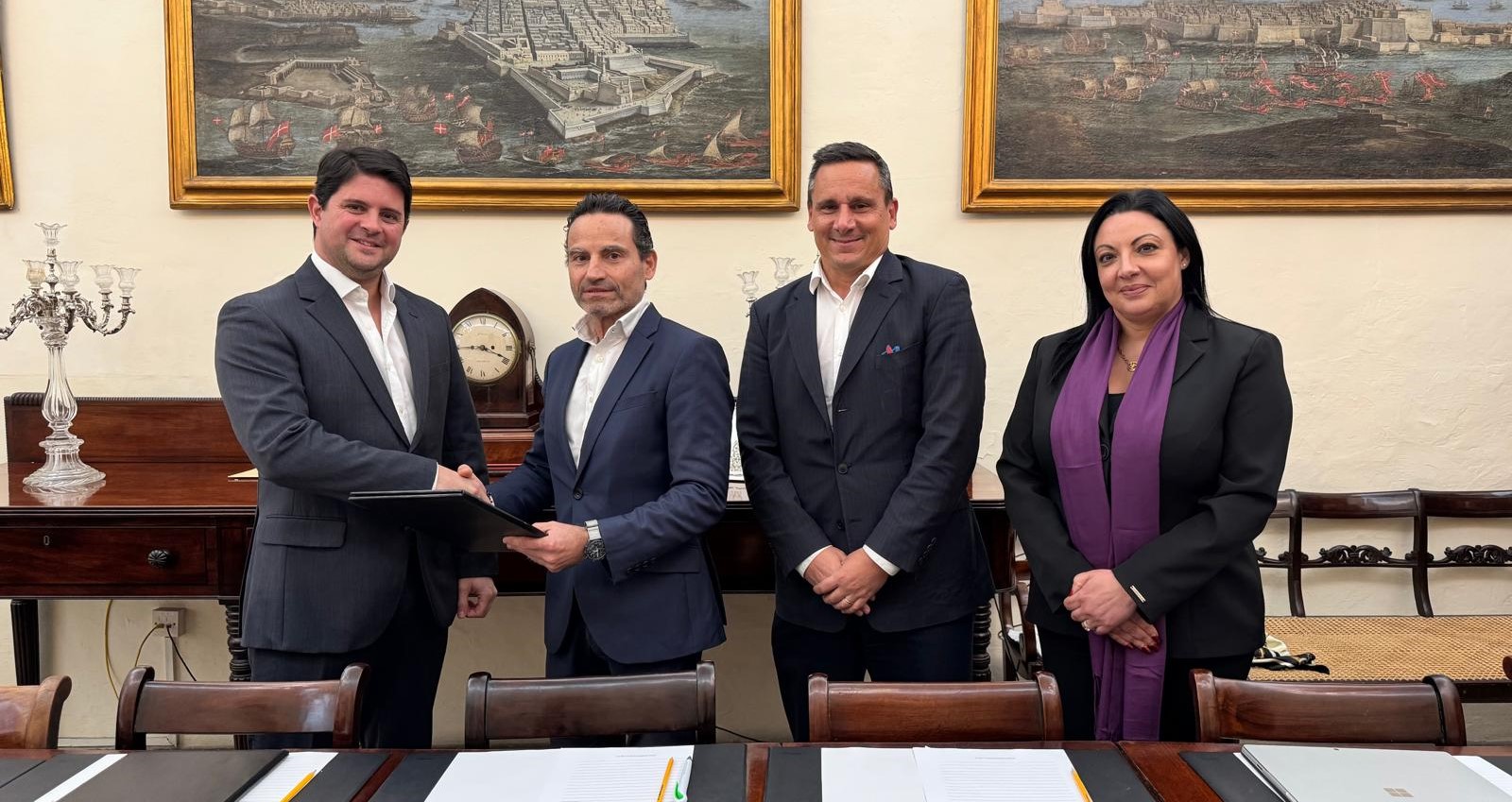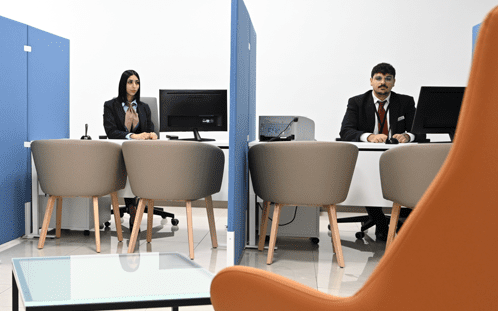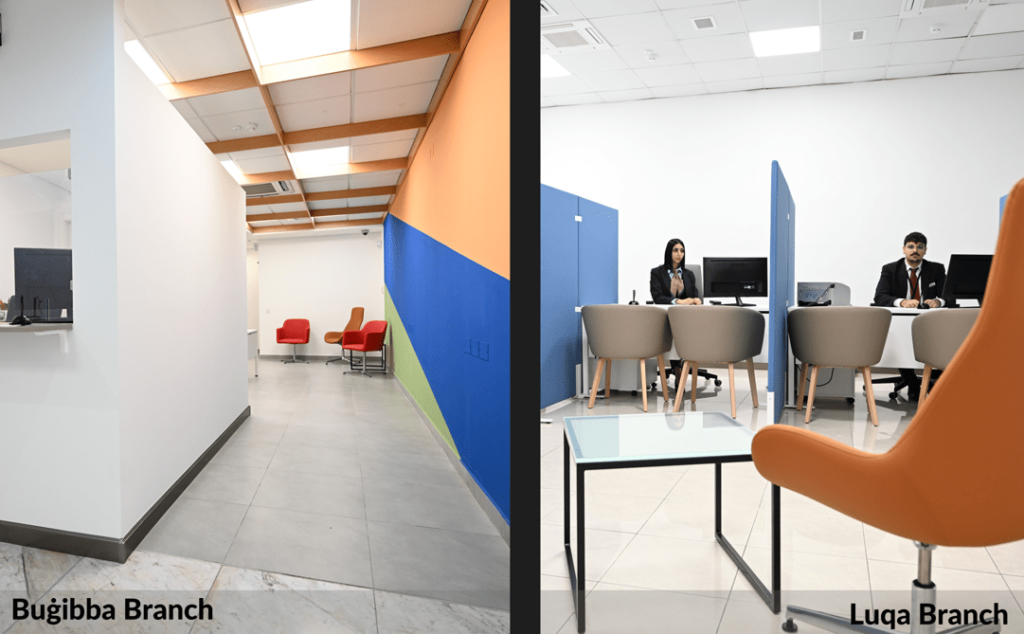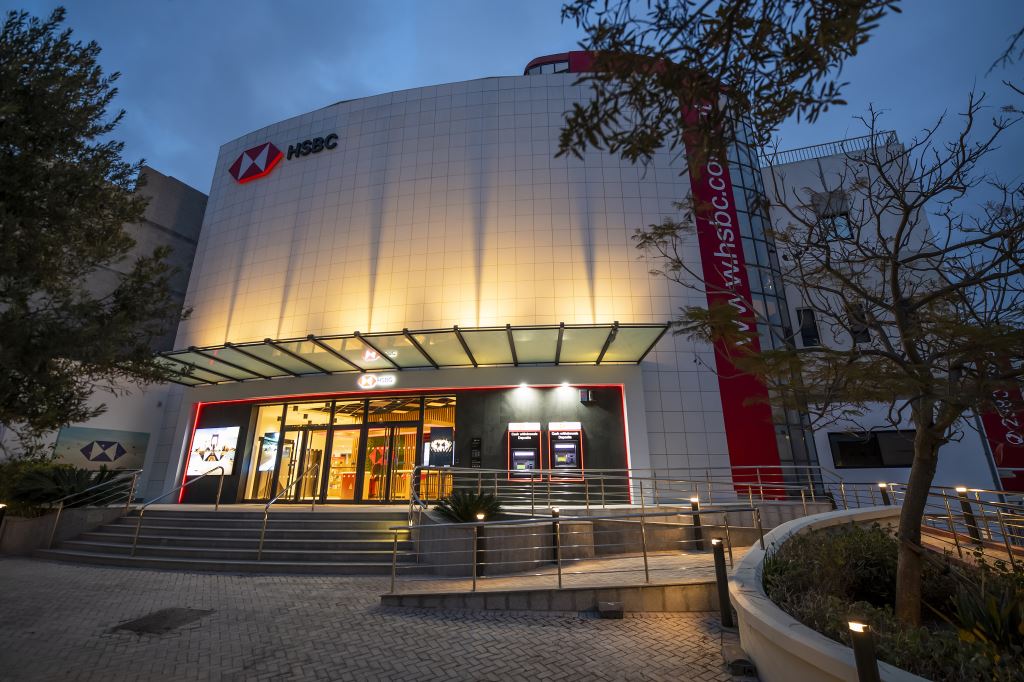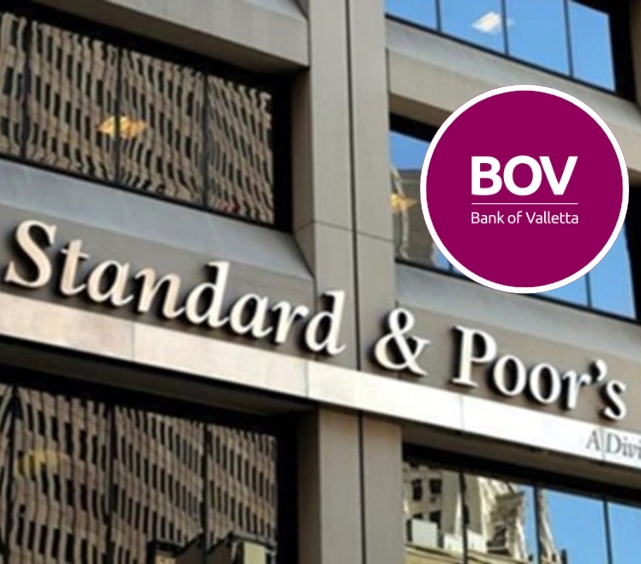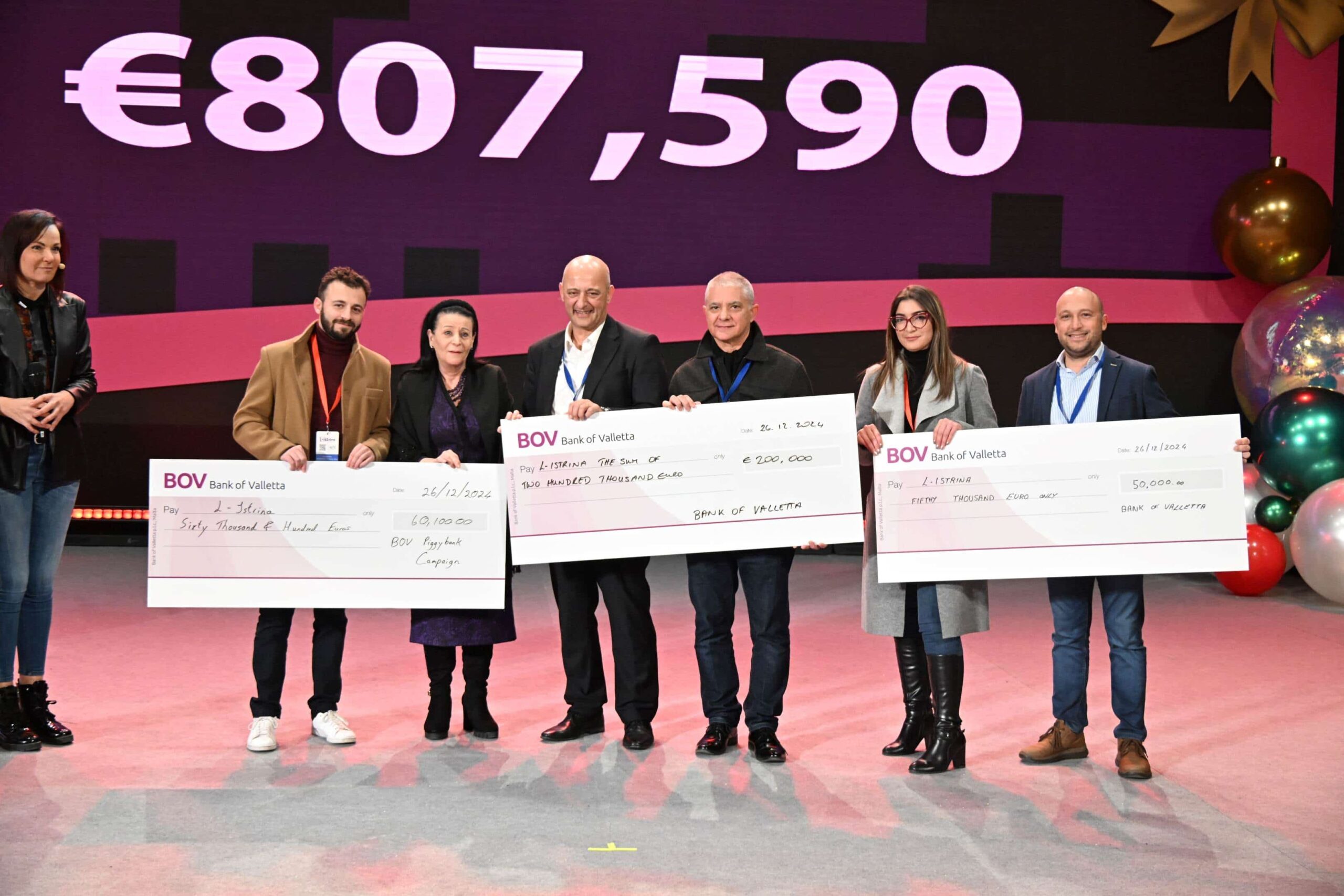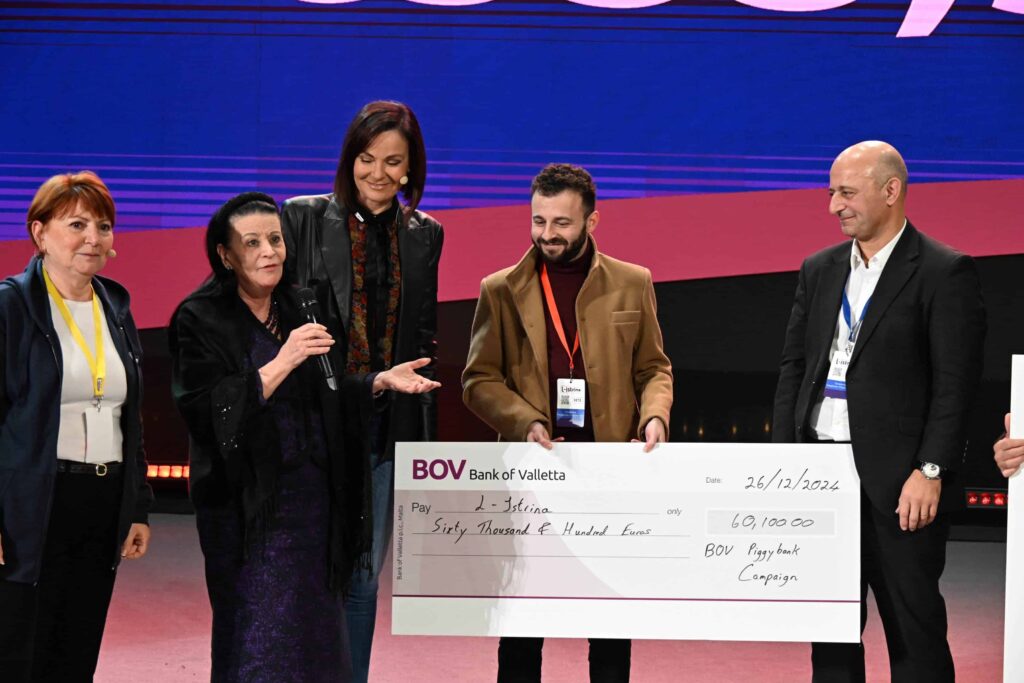St Vincent De Paul Residence (SVPR), has received a significant boost from the HSBC Malta Foundation through the donation of essential equipment aimed at enhancing the quality of care for its residents. As part of its commitment to supporting the community, HSBC Malta’s Corporate Sustainability Department has donated a public address (PA) system and wireless headphones to the Dementia Activity Day Centre at SVPR.
The equipment, which is already being utilised by the staff and residents, is set to play a pivotal role in the Centre’s daily activities. St Vincent De Paul Residence is one of Malta’s largest care homes, providing comprehensive services for the elderly, including specialised care for individuals with dementia. The Dementia Activity Day Centre at SVPR is designed to offer therapeutic activities and support for residents, enhancing their quality of life in a safe and caring environment.
The PA system will be used to facilitate announcements, organise activities, and foster better communication within the Centre. The wireless headphones, designed for individual use, will provide residents with the opportunity to engage in therapeutic and recreational activities, such as listening to music, which is known to have a positive impact on cognitive and emotional well-being.
Speaking about the donation, Michel Cordina on behalf of the HSBC Malta Foundation, said: “At HSBC, we believe in making a meaningful impact in the communities we serve. Supporting St Vincent De Paul and its exceptional staff is a testament to our commitment to enhancing the lives of vulnerable groups through thoughtful and practical initiatives. This initiative is part of our ongoing efforts to contribute to the well-being of the community, particularly in areas that promote inclusion and enhance quality of life for vulnerable groups.”
The equipment has made a tangible difference in enhancing the daily lives of residents and supporting the Centre’s dedication to compassionate care. Jorgen Souness, Chief Executive Officer at SVPR said “We express our sincere gratitude to the HSBC Malta Foundation for its generous contribution to our Dementia Activity Day Centre. The provision of essential equipment greatly enriches the quality of life for our residents, allowing us to offer more engaging and impactful therapeutic activities. At St Vincent De Paul, we remain steadfast in our commitment to delivering the highest standard of care to our elderly residents, and this donation exemplifies the vital role of community partnerships in advancing this mission. We look forward to further collaboration with HSBC Malta to enhance the well-being of those entrusted to our care.”
HSBC Malta remains dedicated to its corporate sustainability goals, focusing on initiatives that foster inclusion, health, and well-being within the community. This donation reflects the bank’s ongoing collaboration with organisations like SVPR to address the needs of vulnerable groups and promote a more inclusive society.
